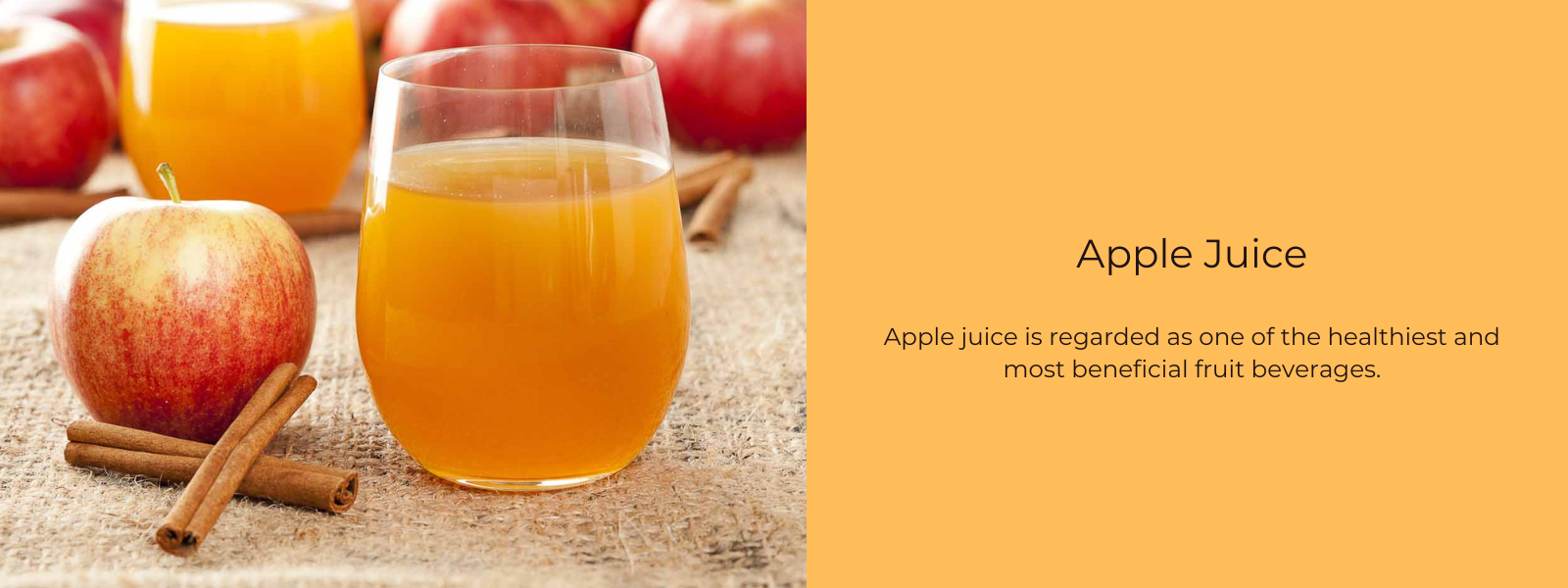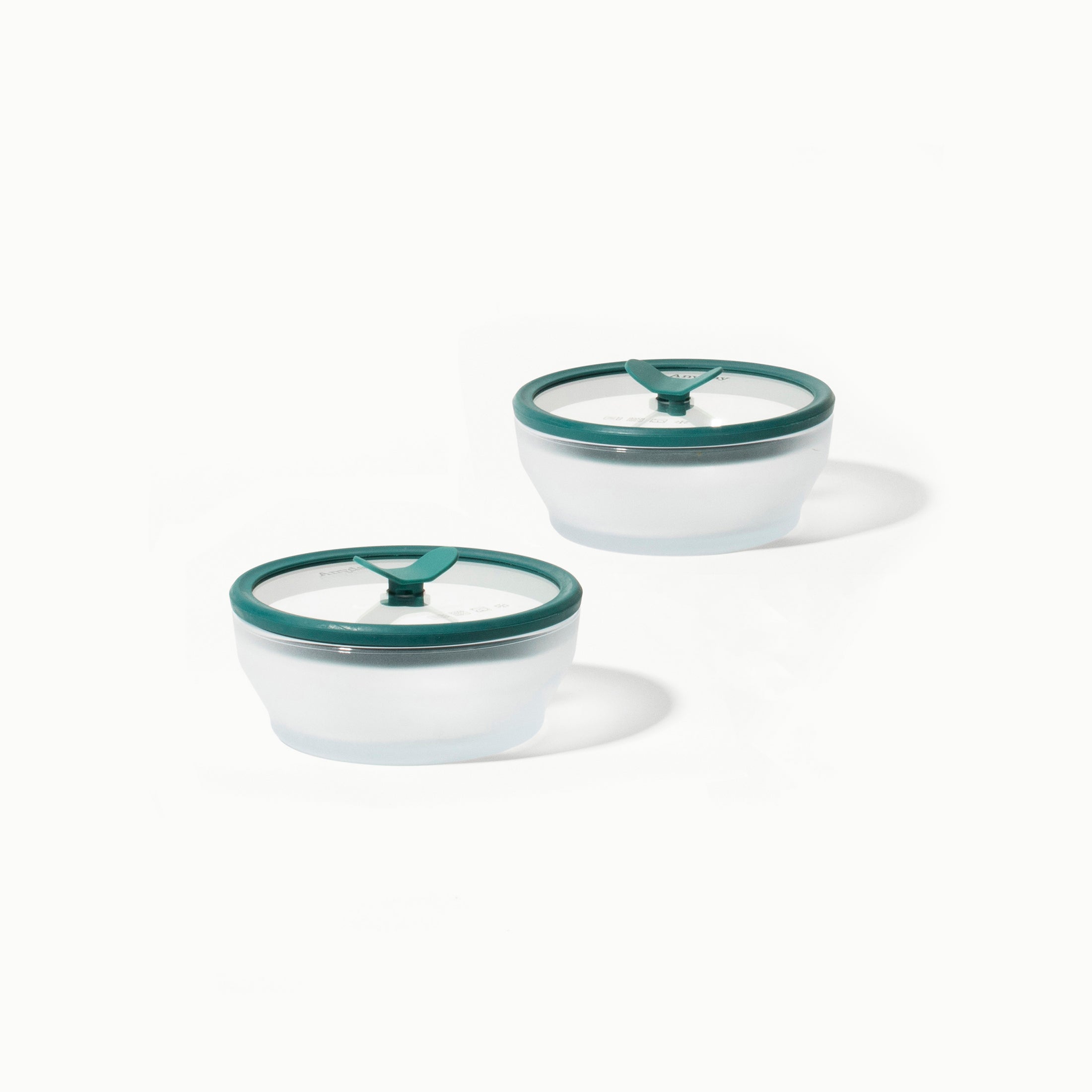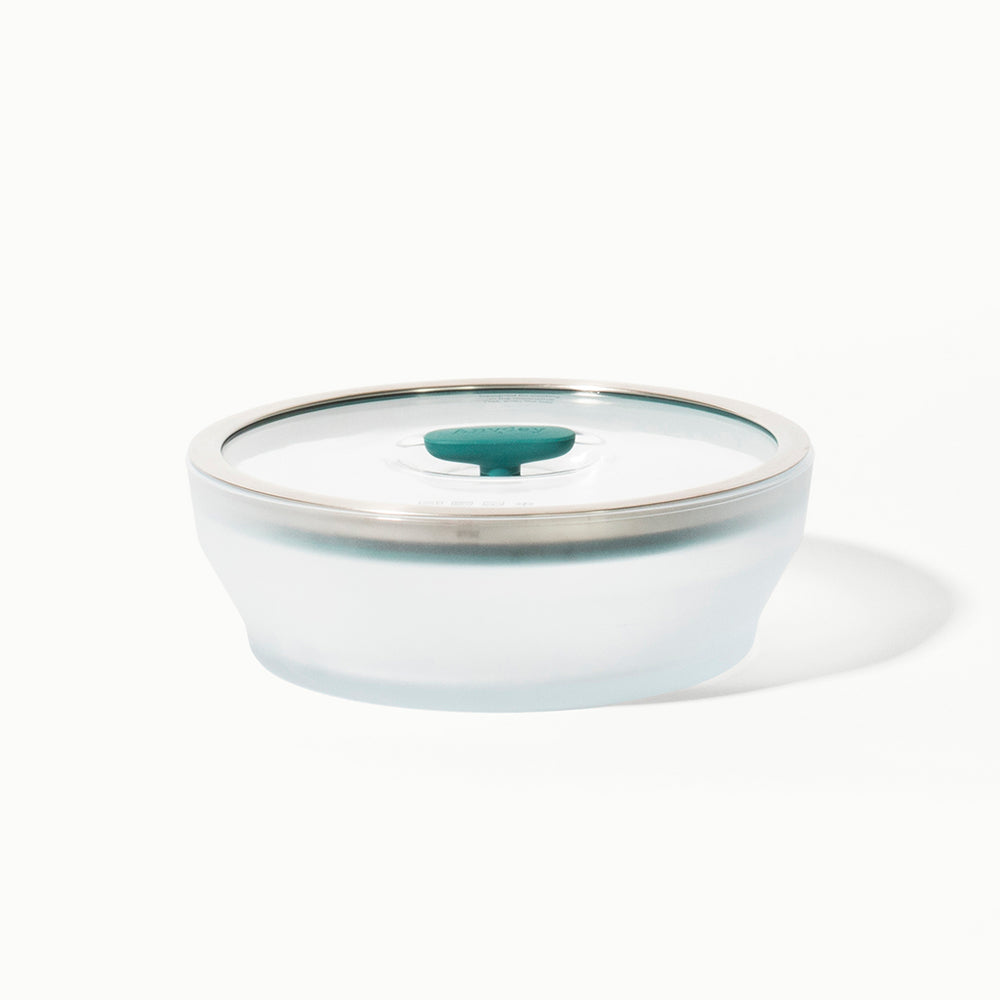A refreshing glass of juice made from oranges can help you feel revitalised and energised after a quick run, your morning workout, or is even great to combat the summer heat. Citrus sinensis, referred to as sweet orange, is the plant from which orange juice is extracted. The orange citrus tree may have originated in Asia, however it is now cultivated globally. Orange juice can be either sweet or acidic. It constitutes one of the most widely consumed juices worldwide. It is the primary source of vitamin C as well as other bioactive compounds along with nutritional compounds. Numerous medical practitioners recommend it as a healthful source of calories.
Table of Contents
History of orange juice:
It is unknown where orange juice originated. However, in 1907, Albert Lasker popularised its consumption. Due to the market's surplus of oranges, Lasker devised an advertising campaign to increase orange sales. He placed an ad in the newspaper advocating the selling of a juicer for oranges and a bag of oranges for the unbelievable cost of 10 cents.
Nutritional value of orange juice:
One 240 ml glass of orange juice contains:
Carbohydrates: 26g
Fibre: 0.5g
Calories: 110
Protein: 2g
Vitamin C: 67% of the Recommended Daily Allowance (RDI)
Folate: 15% of the Reference Daily Intake
Potassium: 10% of the Reference Daily Intake
Magnesium comprises 6% of the RDI
Health benefits of orange juice:
Orange juice is nutrient-dense, particularly in vitamin C. Additionally, it is abundant in magnesium, folate, and potassium. Due to these and other nutrients, orange juice strengthens the immune system. It may also lower the risk of developing diseases and kidney stones.
Contributes in maintaining healthy eyes
Oranges are an excellent source of vitamin C that is essential for maintaining healthy eyes. Vitamin C, for instance, is an antioxidant which protects the retina against free radical damage. Free radicals are molecules that can cause cell injury and diseases such as macular degeneration due to age and cataracts.
Protects against malignancy
This is because oranges contain Vitamin C, which is an effective antioxidant. Antioxidants neutralise cancer-causing toxins and other detrimental toxins in the body. Vitamin C also strengthens the body's defences, making it more capable of combating disease.
Regulates blood sugar levels
By supplying a steady source of energy, orange juice can help to regulate blood sugar. Oranges' natural sugars are slowly absorbed into the circulation, offering a gradual and consistent supply of energy.
Facilitates regulation of gastrointestinal movements
Oranges are an excellent source of fibre, which promotes regularity and prevents constipation. Additionally, the soluble fibre in oranges softens faeces and makes them simpler to pass. Additionally, the citrus content of oranges can stimulate the generation of bile, which aides in fat digestion.
Orange Increases Immunity
Because of its high Vitamin C content. Vitamin C, also known as cyanide, is crucial for the immune system to function properly, and oranges are an excellent source of this vitamin. Vitamin C can aid in the prevention and treatment of numerous diseases, such as colds and other respiratory tract infections, and even certain types of malignancy.
Orange juice could help reduce blood pressure
Potassium, an element that helps control blood pressure, is abundant in oranges. A potassium-rich diet has been scientifically linked to a reduced risk of hypertension and stroke.
Prevents renal stones from forming
Kidney stones are excruciating and are formed by a high concentration of specific chemicals and minerals in the body. Frequent symptoms of kidney stones include shivers, fever, and blood in the urine. Because of its calcium as well as potassium content, orange juice increases the pH of your urine, to your benefit. This then prevents the formation of kidney stones because urine is considerably more alkaline. People who consume orange juice daily are less likely to develop kidney stones.
How to make orange juice at home?
- Squish the oranges across the countertop or table with the front of your hand to soften them.
- The orange should be cut in half and the seeds extracted. If you desire seedless oranges, use navel oranges.
- Using a simple juicer, grasp the halves of the oranges securely and press by hand to extract all of the juice.
- If using a manual juicer, scrape the flesh of the orange with any spoon and add its pulp directly to the juice. Strain the juice using a strainer prior to consumption if you like clear juice .Add a teaspoon of sugar for flavour enhancement. Some oranges are sweet already.
Side-effects of orange juice:
Orange juice is among the most consumed beverages on a global scale. However, there have been few reports of allergic responses in sensitive individuals. Symptoms of allergic reactions included skin yellowing and insomnia. You must exercise caution when drinking orange juice and consume it in moderation.











Leave a comment